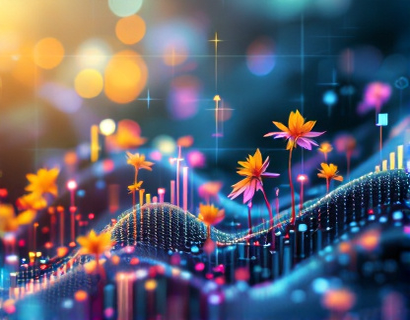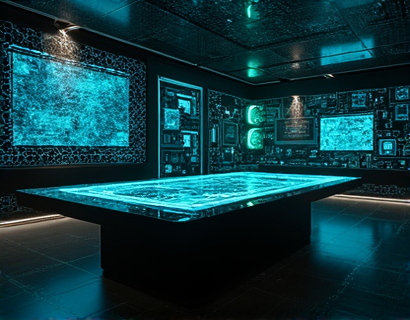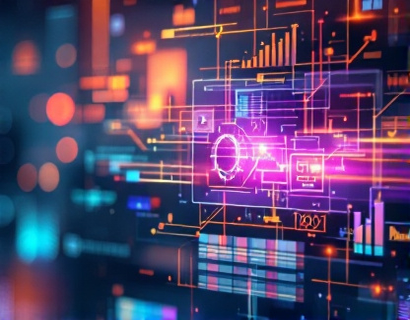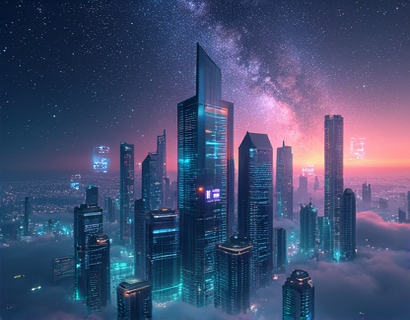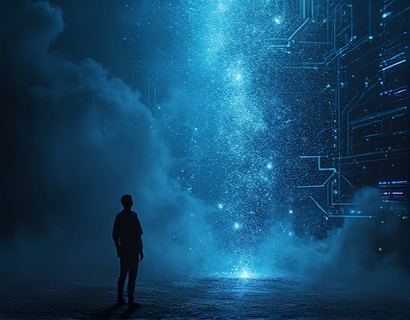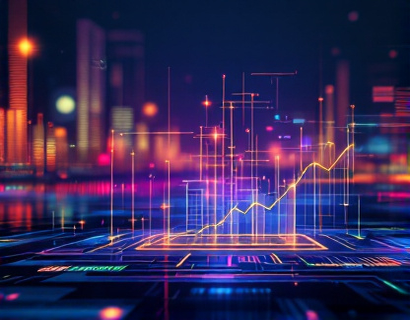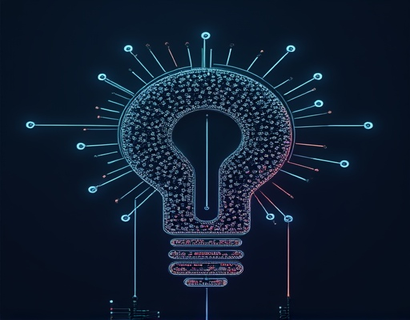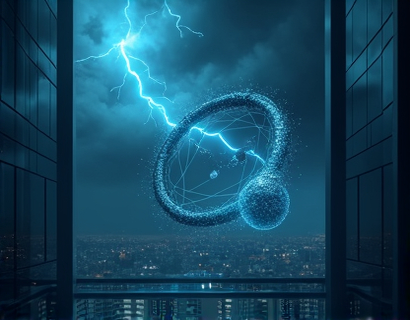Unlocking Musical Mastery: Harnessing AI for Advanced Composition and Production
The landscape of music creation is undergoing a transformative shift with the integration of artificial intelligence (AI) technologies. This evolution promises to revolutionize the way musicians compose, produce, and refine their work, offering unprecedented tools that enhance creativity and sound quality. The advent of sophisticated AI software has made it possible for both seasoned professionals and emerging talents to push the boundaries of their artistic vision, streamlining the music-making process and unlocking new creative potentials.
In this exploration, we delve into the ways AI is reshaping music composition and production. We will examine the innovative software that serves as a catalyst for this change, highlighting its intuitive features and advanced capabilities. These tools are designed to simplify the complexities of music creation, making it more accessible and efficient for artists of all levels. By leveraging AI, musicians can focus more on their creative expression, while the technology handles the intricate details, resulting in higher quality sound and more polished productions.
AI in Music Composition
AI has made significant strides in music composition, offering algorithms that can generate melodies, harmonies, and even entire tracks. These systems analyze vast databases of musical pieces, learning patterns and structures that are then applied to create new music. For composers, this means having a powerful ally that can provide inspiration and assistance in crafting unique and compelling pieces. The AI can suggest variations, explore different musical styles, and even collaborate in real-time, adapting to the composer's input and preferences.
One of the key benefits of AI in composition is its ability to overcome creative blocks. When a musician is stuck, AI can offer fresh perspectives and ideas, breaking through barriers and reigniting the creative process. This collaborative approach between human intuition and machine learning ensures that the music remains authentic while benefiting from the computational power and analytical capabilities of AI.
Enhancing Sound Quality with AI
Beyond composition, AI plays a crucial role in enhancing the sound quality of music productions. Advanced algorithms can analyze and optimize audio tracks, ensuring that every element is perfectly balanced and mixed. This includes adjusting levels, equalization, reverb, and other audio effects to achieve a professional-grade sound without the need for extensive manual tweaking. AI can also detect and correct issues such as phase cancellation, frequency masking, and distortion, ensuring a cleaner and more polished final product.
Moreover, AI-powered tools can simulate different recording environments and instruments with remarkable accuracy. This allows musicians to experiment with a wide range of sounds and textures, expanding their creative palette. Whether it's recreating the warmth of a vintage studio or the spaciousness of a grand hall, AI can transport the music to any sonic landscape, enriching the listening experience.
Streamlining the Production Process
The production phase of music creation is often time-consuming and complex, involving numerous steps such as recording, editing, arranging, and mixing. AI software simplifies this process by automating repetitive tasks and providing intelligent suggestions. For instance, AI can assist in tracking and aligning multiple audio sources, ensuring precise synchronization and cohesion. It can also help in arranging sections of a song, suggesting transitions and builds that enhance the overall structure and flow.
Another significant advantage is the ability of AI to perform multitrack editing with precision. AI algorithms can identify and isolate individual instruments or vocals, making it easier to make adjustments without affecting other elements of the mix. This level of control allows producers to refine their work with greater ease and efficiency, saving valuable time and resources.
Intuitive User Interfaces
One of the most compelling aspects of AI music creation tools is their user-friendly interfaces. Designed with the musician in mind, these platforms offer intuitive controls and visual representations that make complex processes accessible to everyone. Whether you're a seasoned producer or just starting out, the software guides you through each step, providing clear instructions and real-time feedback. This accessibility democratizes music production, allowing a broader range of individuals to explore and master the art of music creation.
Visual tools such as spectral editors and waveform displays enable users to manipulate audio in a more tactile and immediate way. These interfaces allow for precise editing and creative experimentation, fostering a more hands-on approach to music production. The combination of visual and auditory feedback helps musicians better understand the impact of their adjustments, leading to more informed and effective decision-making.
Collaboration and Sharing
AI-enhanced music creation platforms also facilitate collaboration and sharing, breaking down geographical barriers and fostering a global community of musicians. Cloud-based solutions enable real-time collaboration, allowing multiple artists to work on the same project simultaneously, regardless of their location. This seamless collaboration enhances creativity, as diverse perspectives and ideas converge to produce something truly unique.
Sharing and distribution are also simplified with these platforms. AI can assist in optimizing files for different platforms and formats, ensuring that the music sounds its best across various devices and streaming services. Additionally, integrated marketing and promotion tools can help artists reach a wider audience, leveraging data analytics to identify the most effective strategies for gaining visibility and success.
Challenges and Considerations
While the integration of AI in music creation offers numerous benefits, it is essential to acknowledge potential challenges and considerations. One concern is the risk of over-reliance on technology, which could stifle the development of traditional skills and the unique human touch that defines great music. It is crucial for musicians to strike a balance, using AI as a tool to augment their creativity rather than replace it.
Another consideration is the ethical use of AI, particularly in terms of copyright and originality. As AI-generated music becomes more prevalent, questions about authorship and ownership arise. Musicians and creators must navigate these issues thoughtfully, ensuring that their work respects the rights of all involved and maintains the integrity of the creative process.
The Future of Music Creation
As AI technology continues to advance, the possibilities for music creation will only expand. Future developments may include more sophisticated algorithms that can understand and replicate the nuances of human emotion in music, further bridging the gap between machine-generated and human-created art. The integration of AI with other emerging technologies, such as virtual reality and augmented reality, could also open new frontiers in immersive music experiences.
The role of the musician will evolve, with AI serving as a powerful partner in the creative journey. By embracing these tools, artists can focus more on their artistic vision, while AI handles the technical aspects, leading to a more fulfilling and productive creative process. The future of music creation is bright, with AI unlocking new potentials and empowering musicians to reach unprecedented heights of innovation and excellence.





